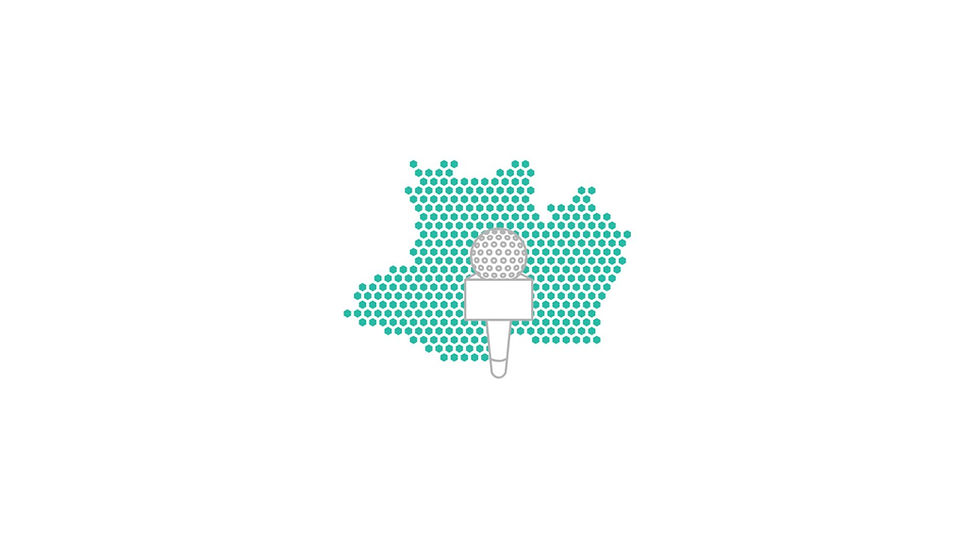Greenwashing in the Energy Transition: How LinkedIn Ads Distort the Climate Debate and Legitimize Unsustainable Practices
- erickdau
- Oct 16
- 2 min read
Updated: Oct 22

The report "Greenwashing in the Energy Transition: How LinkedIn Ads Distort the Climate Debate and Legitimize Unsustainable Practices" is a groundbreaking study on the presence of socio-environmental misinformation in digital advertising campaigns on LinkedIn. The study analyzes 2,800 ads from 917 companies, published between 2023 and 2025, and shows how national and international corporations have been using sustainability rhetoric to reinforce a "green" image without providing real evidence of their practices.
The results reveal that more than half of the ads (52.7%) exhibit signs of greenwashing, using vague, unverifiable, or misleading environmental claims. Companies in the energy sector lead in the volume of greenwashed ads, followed by the mining and agribusiness sectors. The report also highlights that LinkedIn has established itself as a strategic space for the circulation of these narratives, due to its lack of transparency and the segmented targeting of campaigns aimed at professional audiences.
Among the cases analyzed, advertisements from major oil companies such as Petrobras, Shell, and ExxonMobil stand out, promoting themselves as protagonists of the energy transition while maintaining high levels of fossil fuel exploration and limited investment in renewable energy. By revealing how corporate advertising can mask environmental impacts and influence public opinion on the climate crisis, the report contributes to the debate on ethics in communication and advocates for greater transparency, regulation, and corporate accountability in tackling green misinformation.
Read the Report
WARNING
This report is an independent production of NetLab UFRJ. All decisions regarding this work were made exclusively by the researchers of the laboratory. The funders of NetLab UFRJ have no influence on the laboratory's research agenda and did not participate in any stage of the production of this report.
Information on NetLab UFRJ's funding sources is available here.


